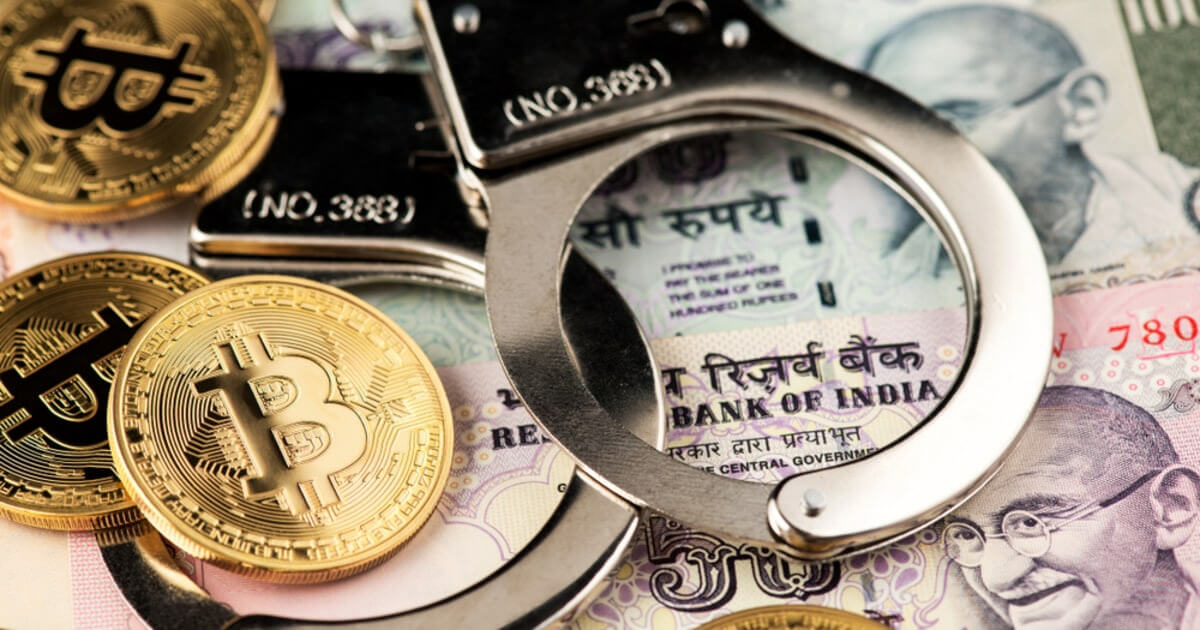India’s Apex Court Postpones Cryptocurrencies Ban Hearing to November
Alo Kingsley Oct 17, 2019 04:59
Back in April 2018, the Reserve Bank of India released a press release prohibiting banks from providing financial services to individuals and corporate bodies dealing in cryptocurrencies. This move by the Reserve Bank of India has received many criticisms from several individuals and the High Court of Delhi as the ban clearly violates the constitution.

The use of cryptocurrencies has different rules and regulations governing around them in different parts of the world. Many of the world's governments are even avast to the use of cryptocurrencies for several reasons, amongst which are the privacy of transactions, the potential threat to the country's own fiat currency relevance amongst others. India is one of a few countries that are blatantly against the use of cryptocurrencies.
Back in April 2018, the Reserve Bank of India released a press release prohibiting banks from providing financial services to individuals and corporate bodies dealing in cryptocurrencies. This move by the Reserve Bank of India has received many criticisms from several individuals and the High Court of Delhi as the ban clearly violates the constitution.
The Supreme Court has received petitions against this ban, and today, the 16th of October had a session on the ban. The hearing has been shifted to Nov. 19 from the initial date of Nov.12, giving a considerable allowance for India's forthcoming public holidays.
#Crypto v. #RBI
— Crypto Kanoon (@cryptokanoon) October 16, 2019
Correction: Next date is 19th November 2019.
Initially the date of next hearing was fixed and verbally communicated by the Judge as 12th November.
But since 12th Nov. is a holiday as per Supreme Court calender, so the next date has been extended to 19th Nov. pic.twitter.com/RNxdikZIve
There have been reports that the India government is collaborating with several agencies to ban cryptocurrencies and other digital currencies. The Reserve Bank of India claims a lack of knowledge about this move.
In today's digital era of crypto-takeover, India is establishing itself as an unfriendly zone for the development of cryptocurrency and blockchain technology-related products and services.
The position of the India government, should it be reversed after the November hearing can help establish the global relevance of India in the growing blockchain and cryptocurrency ecosystem.
Image via Shutterstock
Image source: Shutterstock
.jpg)